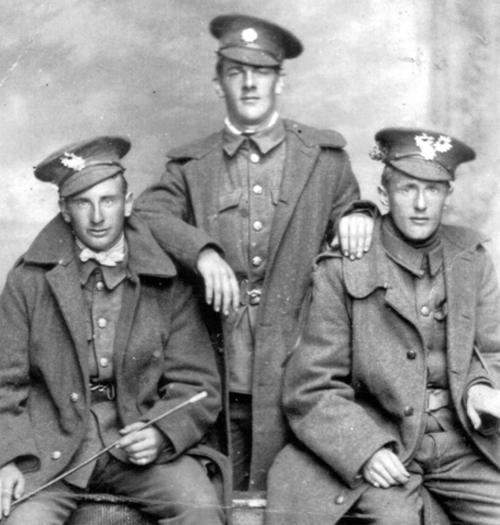British-Irish Gypsy Traveller History (Part 1)

In this first of two podcasts Dr Becky Taylor, Reader in Modern History at the University of East Anglia and Editor-in-Chief of 'History: The Journal of the Historical Association' is asked questions by Helen Snelson, Chair of HA Secondary Committee. The questions in part one focus on how Dr Taylor came to research the history for Gypsies and Travellers herself. She then explains why it is that Gypsy, Roma and Traveller history is less taught in universities as well as in schools.
Dr Taylor defines what is meant by the terms 'Gypsy', 'Traveller' and 'Roma' by drawing upon the research that has taken place about origins, arrivals in Europe, the way attitudes have shifted over time, and how nomadic people have adapted to social and economic change - being separate but also an integral part of local economies. She explains that a problem with the written accounts is that they are mostly from the state and about problems, in this way her work shares a similarity with research about other less powerful groups of people, the noise and the silences in the archives need to be carefully thought about for what they reveal, oral histories are important, and a breadth of understanding of context is vital. Her explanations are rich in examples from across Europe that paint a complex and diverse picture that is not so well known as other histories.
1. Introduction: How did you get interested in researching Gypsy and Traveler history?
2. Why is Gypsy Traveler history not taught much at school or university?
3.What do we mean by Gypsies and Travelers?
4. What are the challenges when writing the histories of Gypsies and Travellers?
In order to access the full content of the podcasts please Login or Join the HA.

